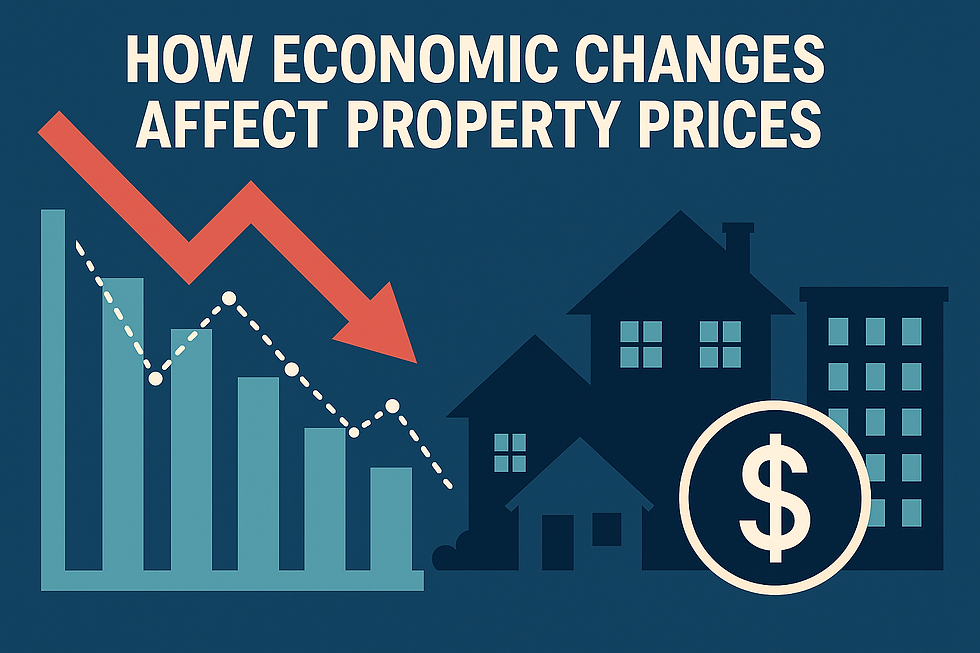Real estate business
- Digital Transformation
- Aug 29, 2025
- 2 min read

Introduction to Real Estate Business

The real estate business involves buying, selling, leasing, or managing properties such as residential homes, commercial spaces, and land. It remains one of the most profitable and dynamic sectors globally due to continuous urbanization, economic growth, and evolving consumer needs. In 2025, the real estate industry integrates technology and market insights to enhance efficiency and customer experience.
Market Overview and Opportunities
Real estate markets vary by region but share common trends such as an increasing demand for affordable housing, sustainable building practices, and flexible property solutions. Key opportunities in this business include residential sales, commercial leasing, property management, real estate investment, and property development. Additionally, digital tools like virtual tours, AI-driven property analysis, and blockchain for secure transactions are transforming how business is conducted.
Business Models and Services
Real estate businesses can adopt various models, including:
Residential sales and rentals: Helping clients buy, sell, or rent houses and apartments.
Commercial real estate: Leasing and selling office spaces, retail stores, or industrial properties.
Property management: Managing rental properties on behalf of owners, ensuring maintenance, tenant relations, and rent collection.
Real estate investment: Buying undervalued properties for renovation and resale (house flipping) or long-term rental income.
Consultancy and brokerage services: Advising clients on market trends, property appraisal, and transaction facilitation.
Challenges in Real Estate Business
Despite growth opportunities, the sector faces challenges such as fluctuating market conditions, high initial investment costs, regulatory compliance, and competition. Financing constraints and unpredictable economic factors require strategic planning and risk management to sustain profitability.
Role of Technology and Innovation
Cutting-edge technologies are reshaping real estate by improving transparency, speed, and accessibility. Innovations include:
Virtual property tours for remote viewing,
Artificial intelligence for market analysis and pricing,
Blockchain technology to secure property transactions,
Smart home technology integration enhancing property value.
Embracing these innovations allows businesses to meet modern buyer expectations and streamline operations.
Conclusion
The real estate business in 2025 is a robust and evolving industry with significant profit potential. Success hinges on understanding market dynamics, leveraging technology, and adapting to consumer preferences for sustainable, affordable, and innovative housing solutions. Entrepreneurs and investors can thrive by adopting strategic approaches, focusing on value creation, and navigating industry challenges with agility



Comments